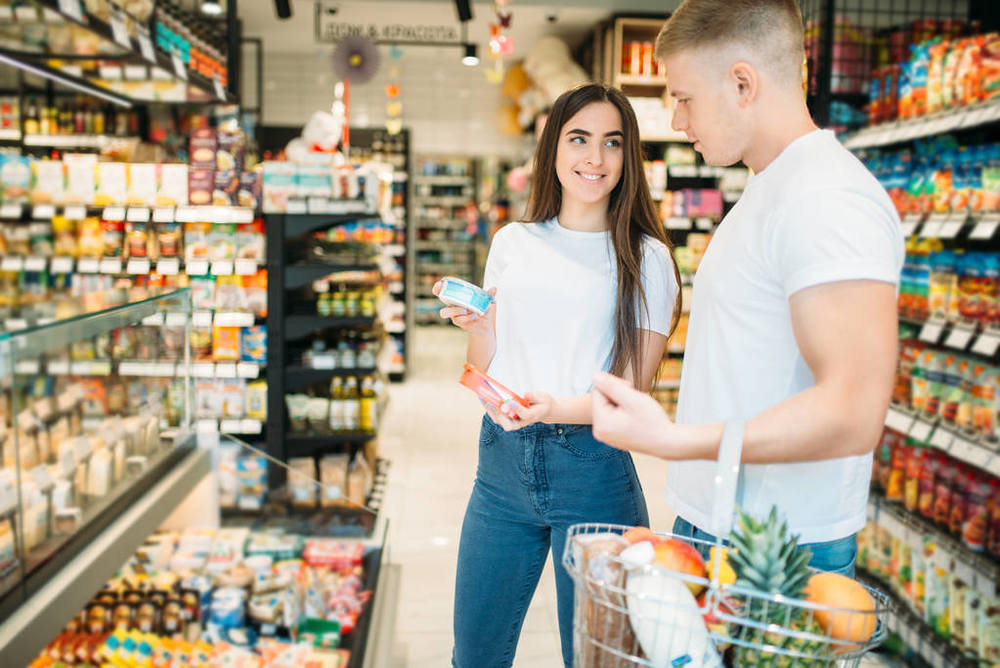

"In recent years, food safety incidents caused by artificially adding non-edible substances have occurred from time to time. Consumers' misunderstanding of food additives and improper publicity by some media have made food additives a 'black pot' for non-edible substances, causing consumers to resent food. There are food additives on the labels. In this context, some food companies, in order to pursue economic interests and seize consumers' anxiety about food additives, use 'no added or no food additives' as a gimmick, and hype them through food labels. , intensified and chaos." On June 23, at the press conference of the "2021 China Food Industry Innovation and Development Report", Xue Yi, vice chairman of the China Food Additives and Ingredients Association, focused on the current consumers' questions about food additives. Explained and clarified. He said that food additives are the "soul" of the food industry, and there would be no modern food industry without food additives. There are essential differences between food additives and non-edible substances. For food safety incidents that occur, consumers should pay more attention to the information release of government authorities, learn and accumulate relevant popular science knowledge, so as not to spread, spread or believe rumors. .
The food industry is the industrial civilization that is most closely connected with consumers. In the food industry category, food additives and food ingredients are a small category, but also a category that the society and consumers pay more attention to. Xue Yi said that for a long period of time, the public and consumers did not have a clear understanding of food additives and non-edible substances in food. Edible substances (such as malachite green, Sudan red, melamine, etc.), engaging in illegal and criminal activities. Because ordinary consumers do not know the difference between the two, they often attribute food safety incidents caused by the addition of non-edible substances to food additives, which deepens the public's misunderstanding of food additives.
"There are usually only three categories of substances that can be added to food: food raw materials, food additives, and food-related materials. Other substances that are not within this range can be defined as non-edible substances." Xue Yi further introduced that in " In the Food Safety Law, food additives refer to natural or synthetic substances, including nutritional fortifiers, that are added to food for the purpose of improving the quality, color, aroma, and taste of food, as well as for the needs of preservation, preservation and processing. The food additives that are allowed to be used at home and abroad are all substances that have been approved for use after strict toxicological experiments, and stipulate the scope of allowed addition or use, the amount of use and other related content. The currently valid "National Food Safety Standard for the Use of Food Additives" (GB2760-2014) clearly stipulates the corresponding use range and amount of food additives, the varieties used in moderation according to production needs, food flavors, food industry processing aids, etc. . Non-edible substances refer to illegal additives added to food that are inedible and cause harm to the human body. According to the provisions of relevant laws, regulations and standards, illegal additives are not food raw materials approved by tradition and regulations, nor do they belong to new food raw materials approved by the state and substances that are homologous to medicines and foods announced by the National Health Commission or managed as ordinary food. Since 2008, relevant government departments in my country have successively released six batches of "List of Non-edible Substances and Food Additives That May Be Illegally Added in Foods". In addition to several substances already mentioned above, industrial gelatin, borax, plasticizers, etc. are all on this list. Usually, illegal elements add non-edible substances to food in order to obtain greater economic benefits.
When talking about the situation that "this product does not contain any food additives" on some food labels, Xue Yi said that food additives are the "soul" of the food industry, and there would be no modern food industry without food additives. The propaganda that some companies deliberately advertised as "zero additives" not only deepened consumers' misunderstanding of food additives, but also deepened the public's dissatisfaction with the status of processed food in China, seriously infringing on the rights and interests of consumers, disrupting the order of the food market, and hindering the development of food additives. The normal development of the food and food additive industry.
"Foods need to be produced and manufactured in accordance with the Food Safety Law and related standards and regulations. Some food claims that no pigments or preservatives are added are unscientific and unobjective. At present, the industry is actively addressing this issue. Problem. In order to ensure the normal development of the food industry and the food additives and ingredients industry, we should scientifically and reasonably understand the food additives and ingredients, and carry out extensive popular science propaganda. I hope the media can pay more attention to the food additives and ingredients industry, and provide more guidance Public opinion and carry out positive-oriented publicity to enhance the popularization and effect of food additives and ingredients." Xue Yi said.
Name: Jack
Mobile:0086 13867199735
Tel:0086 571 22661887
Whatsapp:8613867199735
Email:info@hz-great.com
Add:Nanyang Development Area, Xiaoshan Dist, Hangzhou City, Zhejiang Province, China